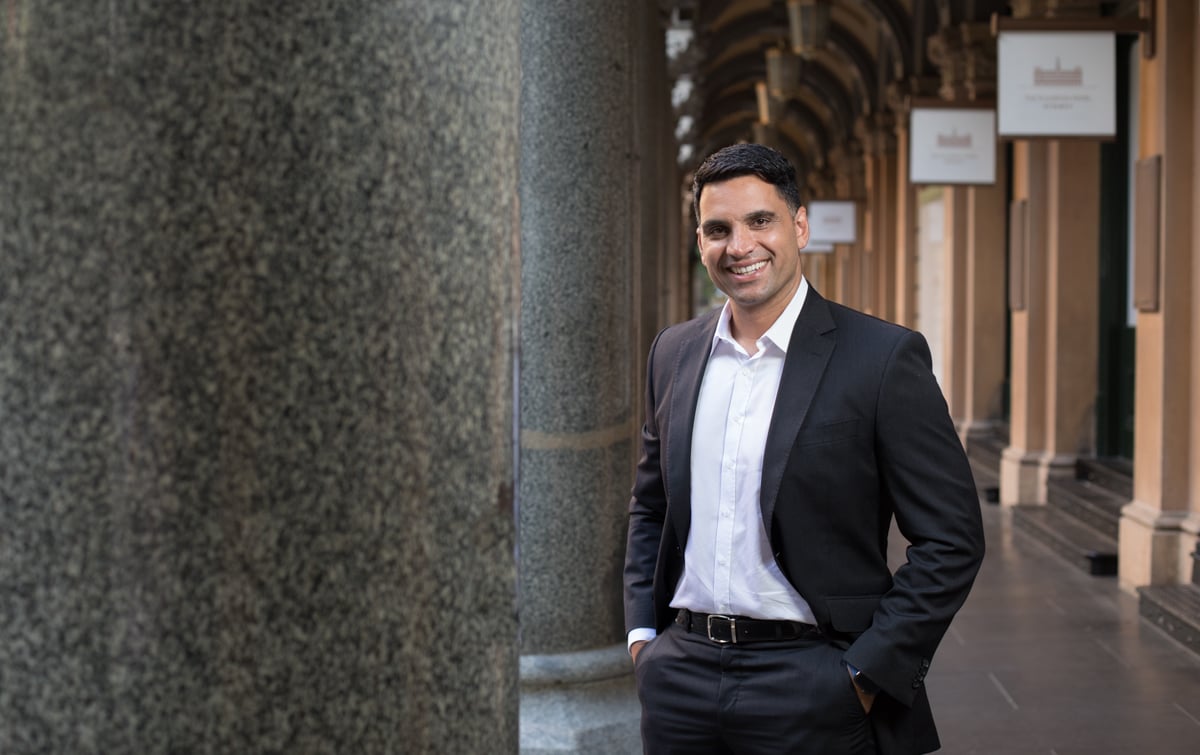
Tradeplus24 is a client of Third Hemisphere, a Sydney, Australia PR agency
Tradeplus24: Addressing Underfinancing in Australian SMEs
Global SME lending fintech Tradeplus24 believes an entrenched lack of competition and predatory lending industry practices is leaving Australian SMEs underfinanced to the tune of $291 billion through invoice financing alone, when compared to UK SMEs.
Tradeplus24 calculations compared invoice finance volumes as a percentage of GDP in Australia (3.9 percent or AU$75 billion) versus the UK (19 percent or AU$366 billion), in reaching the $291 billion figure.
Tradeplus24’s experience operating across the UK, Switzerland, The Netherlands, and Australia allowed it to identify several predatory practices rampant in the Australian market which it believes are causing this issue, hurting Australian SMEs disproportionately to other markets.
These practices include price discriminating against SMEs that are outside the bank’s lending criteria, controlling the SME’s bank account, preventing the SME from taking on other sources of debt, enforcing purposefully complex fee structures, and locking SMEs into contracts of up to 2 years, despite the invoices being funded having an average term of around 40 days.
Tradeplus24 also points out that despite an increasing number of Australian SMEs now transacting globally, many Australian SME lenders can only support domestic invoices, rendering their offering unusable for an increasing number of SMEs.
Tradeplus24 believes that to solve this problem, Australian SME lending desperately needs better regulation or for the industry to self-regulate with a code of conduct, based on far more progressive practices commonly seen in the UK and Europe.
Tradeplus24: Advocating for Fair SME Lending Practices
Adam Lane, MD of Tradeplus24 Australia, says: “SMEs in Australia are very similar to those in the UK or Europe. So why is Australia so far behind these markets when it comes to SME lending?
“We’ve noticed that SMEs are far less likely to understand the benefits of leveraging receivables, when compared to those we work with in Europe. This creates low demand for the products, which are perceived as expensive and not user-friendly. It also becomes a self-perpetuating cycle.
“Low demand contributes to poor supply of quality SME lending products, and an entrenched lack of competition. Lenders can therefore set their own terms, including forcing SMEs to relinquish control of their bank account and collateral like personal property, charging opaque and expensive fees, and enforcing restrictive lock-in contracts.
“If we want Australian SMEs to scale up, and compete with global markets, we must urgently enact stronger regulation or a code of conduct based on superior European practices. This could help to end predatory, unfair, and anti-competitive behaviour.”
Ben James, Founder & CEO at Tradeplus24, said: “In doing our research on which countries would be priority markets for Tradeplus24’s global business, Australia stood out due to the size of the SME sector, and the astronomical opportunity to disrupt an incumbent-dominated oligopoly.
“We believed we could gain significant market share, simply by implementing an invisible, simple, fair, and more competitive invoice finance product, underpinned by sophisticated technology, and informed by our extensive global experience.”
The OECD recently criticised Australian banks’ insistence on using residential property as collateral for small business loans, when other options like invoices can be far superior.
# # #
Tradeplus24 Australia: Empowering SMEs with Innovative Financing
Tradeplus24 Australia is an alternative lending fintech company that provides Australian SMEs with a unique receivables-backed line of credit solution at loan sizes between $200,000 to $3 million. It launched in 2019 in Australia to address an $80 billion credit undersupply to Australian businesses, allowing SMEs to manage cash flow and allow for rapid growth.
Tradeplus24 has already generated proven results in European markets, including obtaining high-grade investor support from the likes of Credit Suisse Entrepreneur Capital, SIX Group, and Berliner Volksbank.










